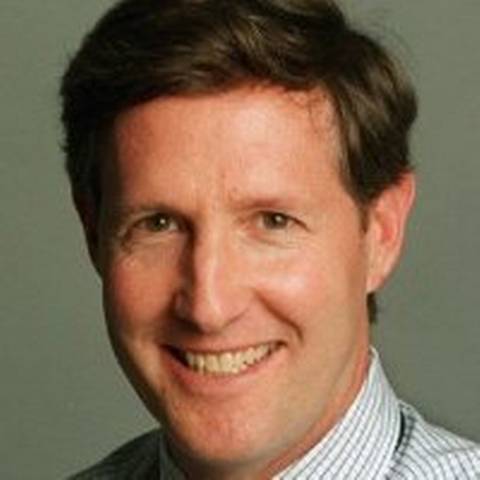Monty Grow, left, during his playing days with the Jacksonville Jaguars. The former Florida Gator was sentenced to 22 years in prison in 2018 in a military-related healthcare fraud case in Miami.
Herald archives
A couple of years ago, former University of Florida football standout Monty Grow was found guilty of pocketing $18 million in kickbacks for referring military service members and veterans to a local pharmacy that billed the U.S. government for unnecessary medications.
Grow, sentenced to 22 years in prison, has appealed his conviction.
But the federal investigation didn’t end with the ex-NFL player. It got bigger.
Miami prosecutors have charged two former employees with Pompano Beach-based Patient Care America with bilking $87 million from a military healthcare program run by the U.S. Department of Defense. The alleged scheme included patient referrals that Grow and several others steered to them through marketing companies over a one-year span, according to court records.
Matthew Smith, a pharmacist and former vice president of PCA, and Alisa Catoggio, a pharmacy technician, were charged in late April with conspiring to commit healthcare fraud by submitting bogus claims for prescribed drugs to the federal Tricare program for thousands of military service members and veterans who didn’t need them. The former PCA employees are accused of mixing ingredients to create expensive pain creams to treat the scars of military personnel with questionable prescriptions who were not charged any co-payments for the drugs.
The former football player, who owned a marketing firm, used telemedicine companies to prescribe the compound medications, paying them approximately $100 per telephone or video consultation. Grow and his associates filled out prescription forms, faxed them to telemedicine companies for signing by a doctor, and then sent them to the pharmacy.
According to court records, a pain cream prescription that costs the PCA pharmacy about $700 to fill could be reimbursed by Tricare for $16,000. Grow and his team of recruiters received $7,000 in commissions each time.
Of the $87 million that the PCA pharmacy collected from Tricare between 2014 and 2015, about half was kicked back to Grow, his team of associates and other companies for the patient referrals. In addition to healthcare fraud, both Smith and Catoggio are accused of paying and receiving healthcare kickbacks.
Prosecutor Jon Juenger, who handled the Grow case, declined to comment about the expanding pharmacy investigation. Smith’s defense attorney,
Ryan Stumphauzer, a former federal prosecutor who specialized in healthcare fraud cases, said his client “denies the criminal charges and looks forward to vindicating himself in court.”
Catoggio could not be reached for comment.
The Pompano Beach pharmacy business has been mired in controversy over kickback allegations involving the Tricare program for several years. In 2019, Patient Care America, CEO Patrick Smith and and pharmacist Matthew Smith, the former vice president of operations, agreed to settle a False Claims Act case with the Justice Department. PCA, along with a private equity firm, paid $21 million; Patrick Smith paid $300,000; and Matthew Smith paid $12,788. The payments resolving the civil case were based on the ability to pay, according to the Justice Department.
Patrick Smith, the CEO, was not charged criminally. But Matthew Smith, along with his assistant, Catoggio, were charged in the criminal case, which began with the prosecution of Grow and several others.
At Grow’s trial in 2018, the federal jury had to decide whether he intentionally defrauded the military healthcare program or was simply paid lavish but legitimate sales commissions by the pharmacy for referring thousands of patients to Tricare through his marketing company.
Grow’s lawyers urged U.S. District Judge Federico Moreno to be reasonable in his sentencing, which didn’t pan out. They pointed out that eight other defendants in the case — including former University of Florida star and retired NFL quarterback Shane Matthews — received punishment ranging from probation to less than two years. In the conspiracy to fleece the Tricare program, Matthews was sentenced to three months in prison for his bit role on Grow’s marketing team, lining up sales representatives who then landed patients for the PCA pharmacy.
At Grow’s appellate hearing via teleconference last month, his attorney David O. Markus argued that the doctors, not Grow, should be held responsible for the prescriptions. Markus argued that “in every single case a doctor had to approve of the prescription and the doctor was free to change it, alter it or not give it.”
“We have real doctors issuing real prescriptions to real patients who got their medicine,” he told the appellate panel in Atlanta. “Medical necessity was not an issue.”
Contacted by the Miami Herald on Monday, Markus expressed optimism about 48-year-old Grow’s appeal. “Both his conviction and sentence are extremely problematic,” he said.

